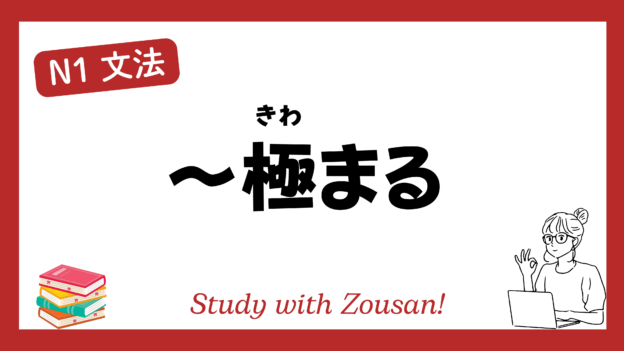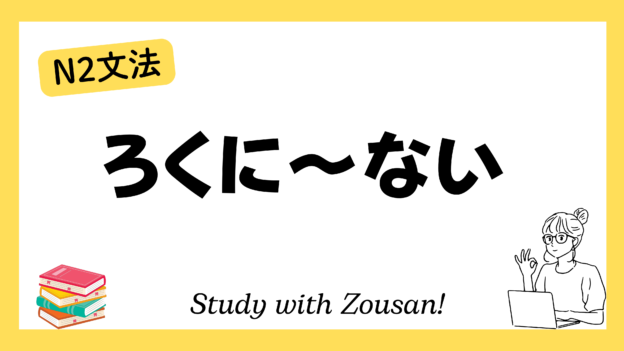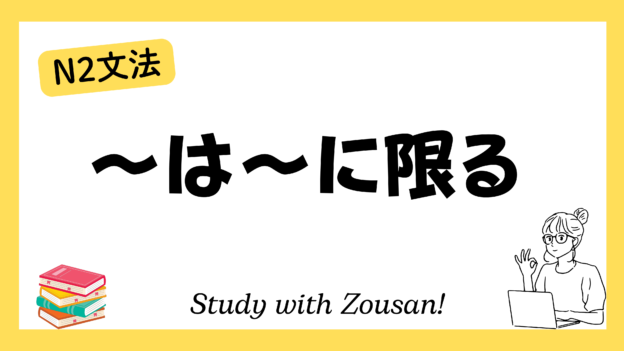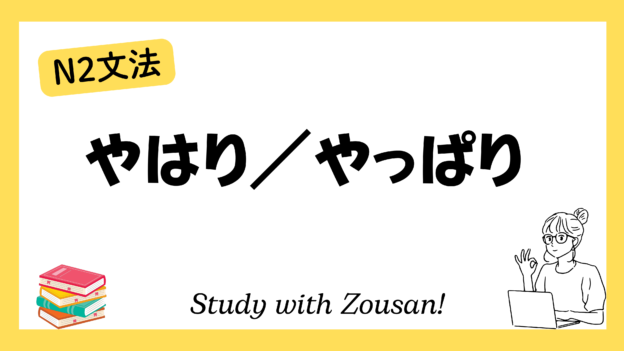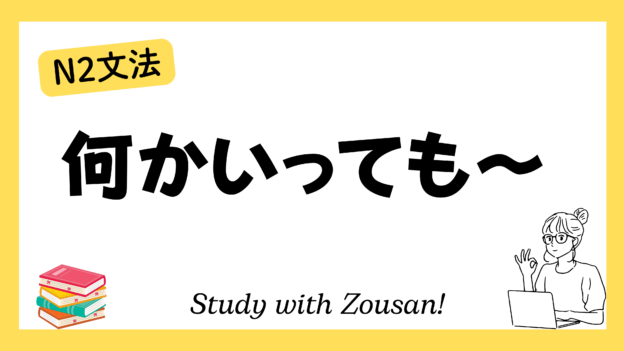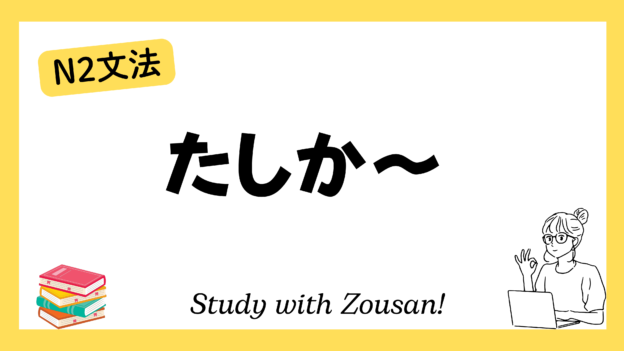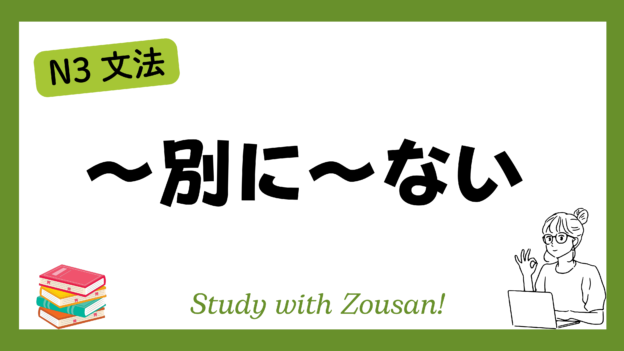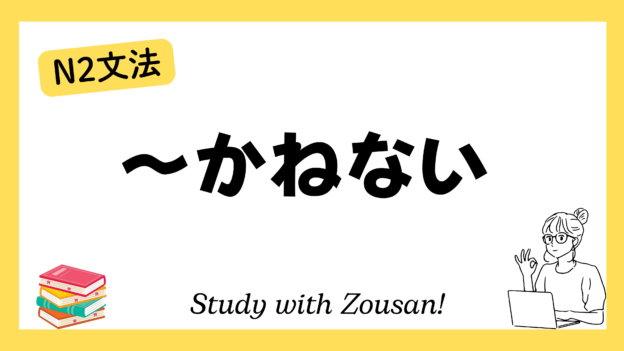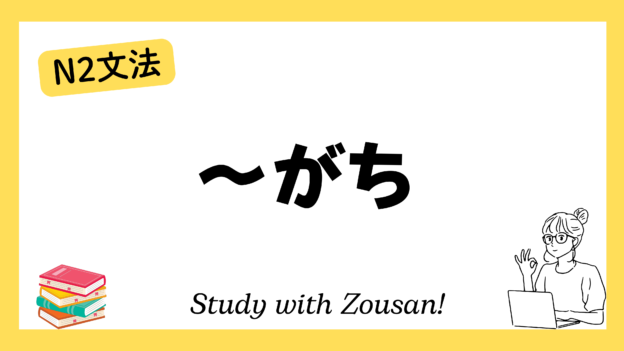Meaning: “Extremely…”, “Unbelievably…”
This structure is used to express that a state or emotion has reached its highest level, often carrying a negative connotation. “極まる” and “極まりない” emphasize the extreme or utmost nature of something, whether it’s a situation, state, or feeling.
※Note: “~極まる” is often used with verbs, while “~極まりない” is paired with adjectives, particularly negative ones such as “rude” (失礼) or “regrettable” (残念).
Structure:
| な-adjective + |
+ 極まる |
| な-adjective + (なこと) | + 極まりない |
| い-adjective + いこと |
Example:
-
-
-
🌟 彼の行動は不愉快極まる。
(かれ の こうどう は ふゆかい きわまる。)
His behavior is extremely unpleasant. -
🌟 その決定は不公平極まりない。
(その けってい は ふこうへい きわまりない。)
That decision is extremely unfair. -
🌟 彼女の無礼極まる態度に驚いた。
(かのじょ の ぶれい きわまる たいど に おどろいた。)
I was shocked by her extremely rude attitude. -
🌟 彼の話は退屈極まりない。
(かれ の はなし は たいくつ きわまりない。)
His story is extremely boring. -
🌟 その事故は悲惨極まるものだった。
(その じこ は ひさん きわまる もの だった。)
That accident was extremely tragic. -
🌟 彼の態度は無責任極まりない。
(かれ の たいど は むせきにん きわまりない。)
His attitude is extremely irresponsible. -
🌟 彼女の行動は危険極まりない。
(かのじょ の こうどう は きけん きわまりない。)
Her behavior is extremely dangerous. -
🌟 この事件は不自然極まる。
(この じけん は ふしぜん きわまる。)
This incident is extremely unnatural. -
🌟 彼の言い訳は馬鹿馬鹿しさ極まりない。
(かれ の いいわけ は ばかばかしさ きわまりない。)
His excuse is extremely ridiculous. -
🌟 その光景は美しさ極まるものだった。
(その こうけい は うつくしさ きわまる もの だった。)
The scene was of extreme beauty.
-
-


